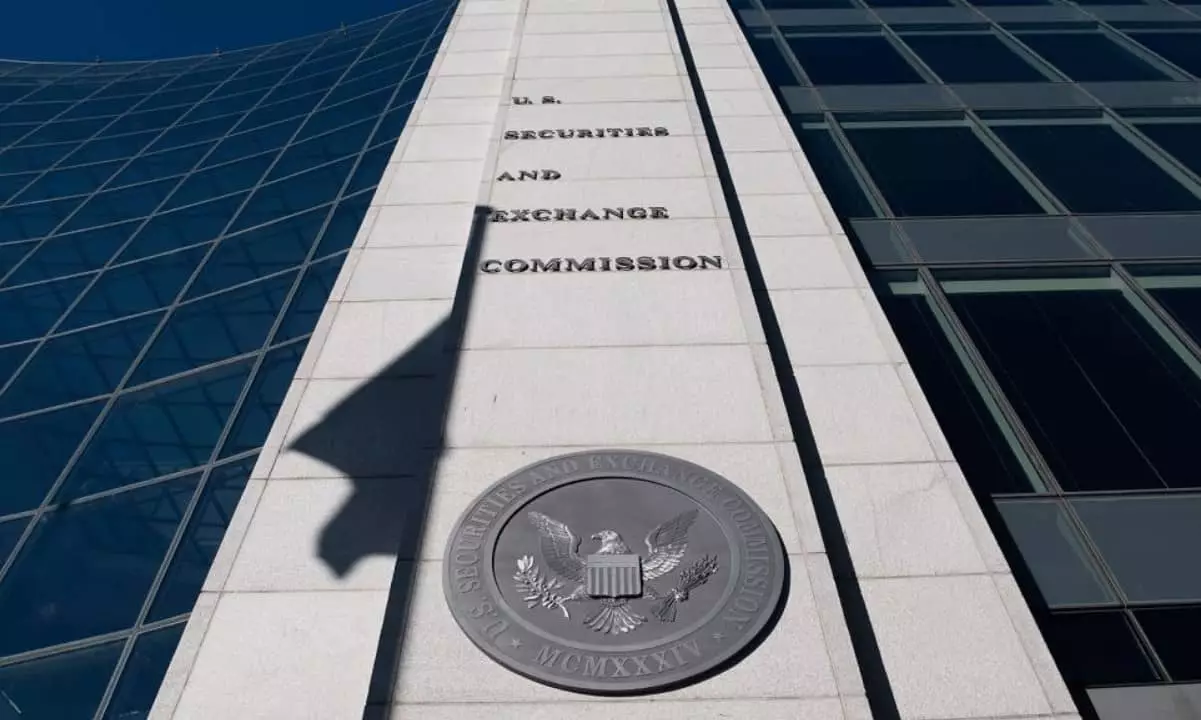The US Securities and Exchange Commission (SEC) recently opposed Richard Heart’s motion to dismiss a $1 billion securities fraud lawsuit, underscoring its jurisdiction over the case. The SEC argued in a brief filed in a New York federal court that Heart’s attempt to dismiss the lawsuit failed to address key allegations and disregarded pertinent legal standards. Heart had previously contended that the SEC lacked authority due to his residence abroad and absence from the US during the relevant period.
According to the SEC, from December 2019 to November 2020, Heart promoted Hex as a crypto asset security, marketing it as a “blockchain certificate of deposit” with the guarantee of continuously growing token holdings through staking. He made bold claims about high returns, dubbing Hex as the “highest appreciating asset ever,” which attracted a substantial amount of investment totaling $678 million worth of ETH. Despite the extravagant promises, Hex’s value purportedly dropped by about 98.4% from its peak as of July 2023.
The SEC also brought attention to Heart’s subsequent projects, PulseChain and PulseX. Allegations surfaced that Heart raised over $354 million for PulseChain by requesting “sacrifices” of crypto assets that were later used for personal indulgences like luxury watches, cars, and a supposedly enormous black diamond instead of platform development. To conceal these transactions, Heart allegedly transferred around $217 million through various channels, ultimately misappropriating $12.1 million for lavish purchases. Notably, PulseChain and PulseX failed to launch as promised until May 2023, long after the fundraising periods concluded.
The SEC emphasized that Heart’s marketing efforts heavily targeted US investors, with appearances at conferences in Las Vegas and interviews on Miami-based podcasts. These actions underscored the relevance of the case to US regulatory oversight. Additionally, the SEC highlighted that the founder’s claims of infringement on his free speech rights were baseless, as the regulator merely used his own statements to establish allegations of securities offerings.
The SEC’s opposition to Richard Heart’s motion to dismiss the securities fraud lawsuit illustrates the agency’s commitment to upholding regulatory standards and protecting investors from fraudulent schemes. By challenging his jurisdictional arguments and highlighting the false promises and misuse of funds, the SEC aims to hold accountable those who engage in deceptive practices within the cryptocurrency market.

